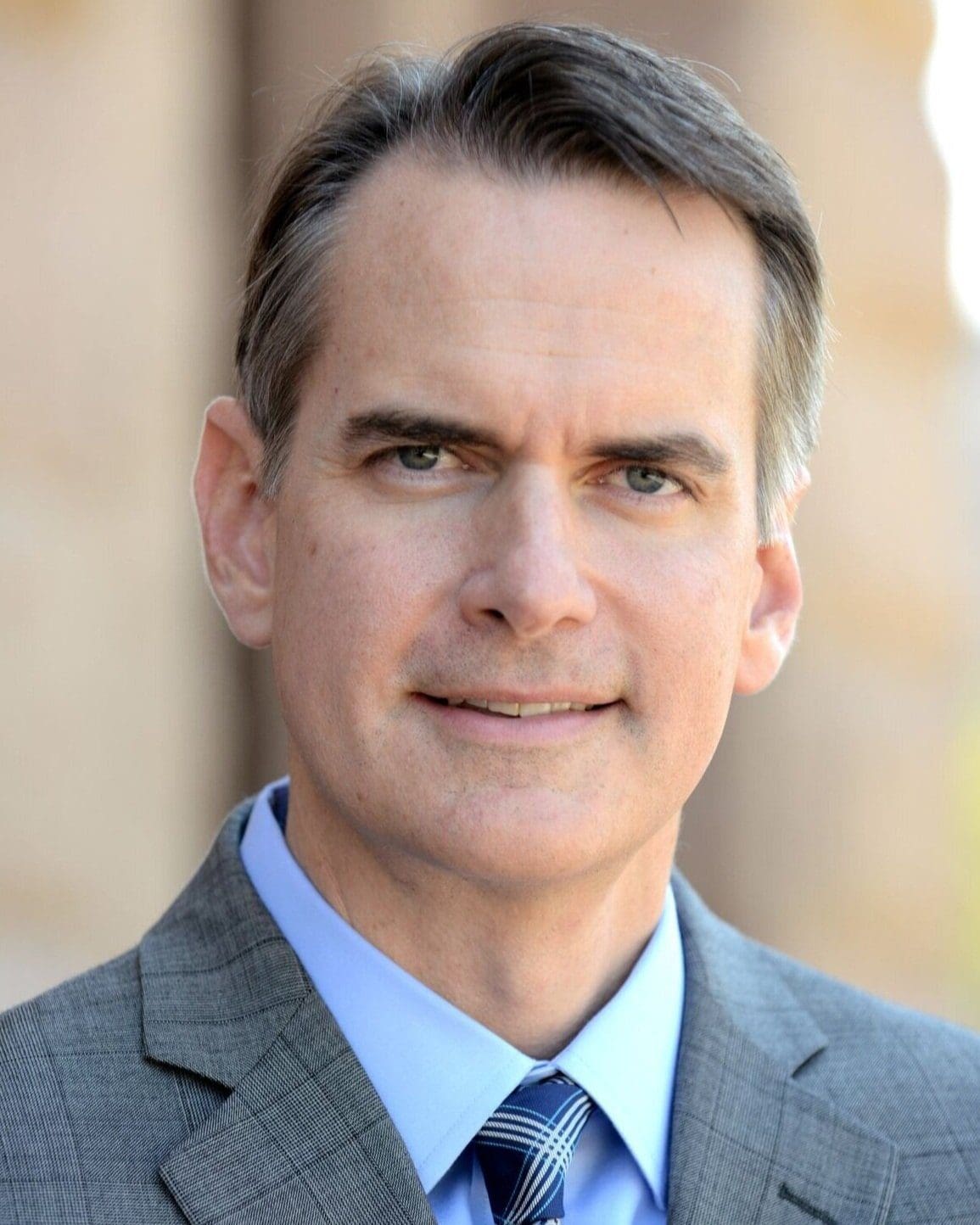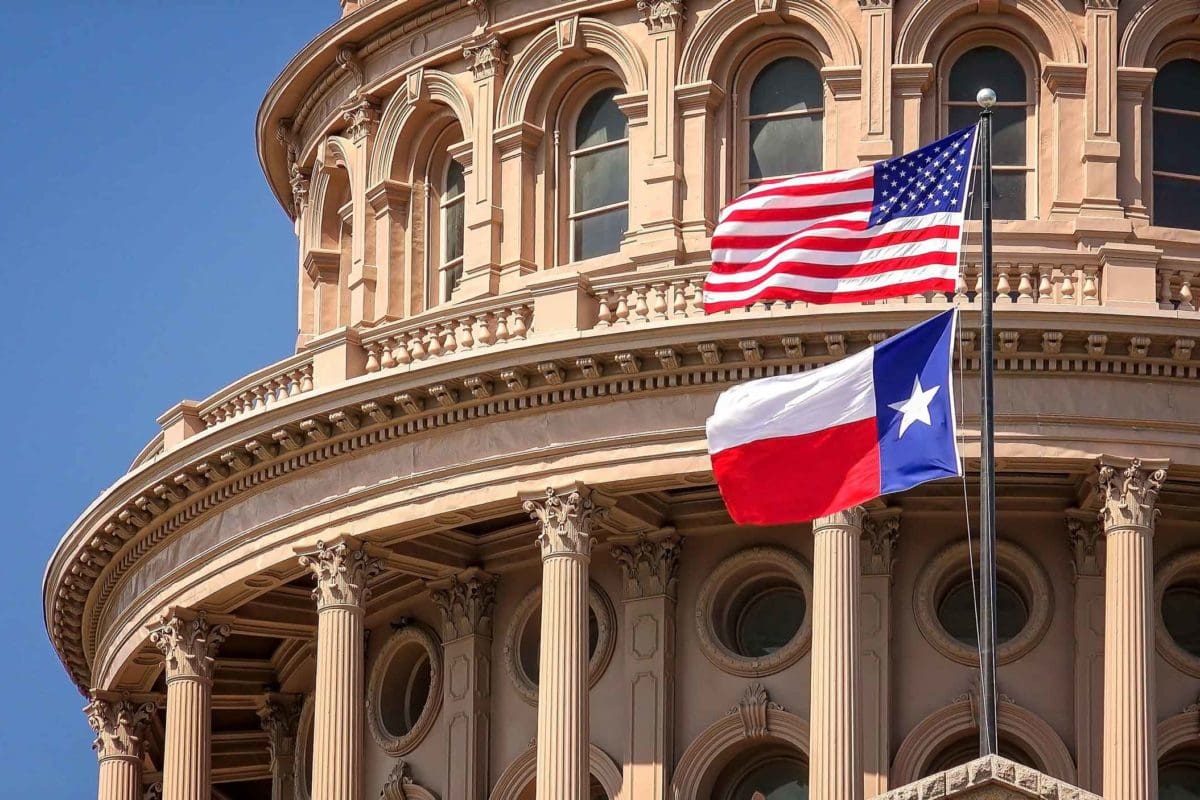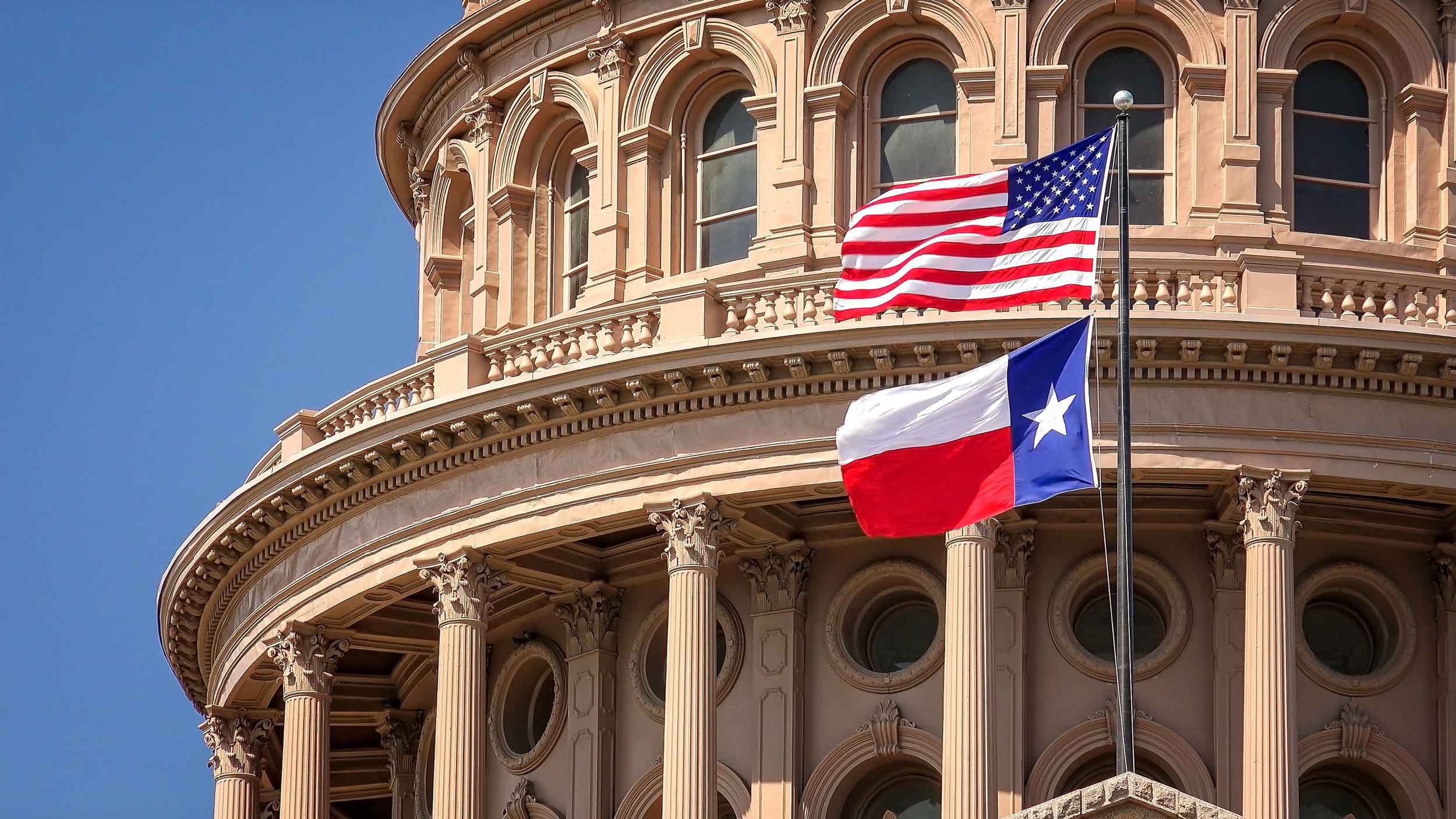As the dust settles after the 2019 Texas legislative session, we are reflecting on the significant strides that Texas policymakers made in advancing public health policies. CityHealth congratulates state and city officials for their continued leadership in improving people’s lives and helping communities thrive. This post highlights just a few updates from this year’s legislative session on Tobacco 21, access to high-quality Pre-K, and earned sick leave and shares where to catch CityHealth next in the Lone Star State.
Tobacco 21 passed statewide. In 2017, San Antonio became the first city in Texas to raise the minimum age to buy tobacco products from 18 to 21. This momentous public health victory, led by Mayor Ron Nirenberg and then-San Antonio Metropolitan Health Director Dr. Colleen Bridger, served as a catalyst for a strong campaign to pass a statewide Tobacco 21 law during the 2019 legislative session. According to a recent poll, Texans strongly support raising the age to buy tobacco by a two-thirds margin.
The Tobacco 21 legislation had a broad coalition of support including leadership from MD Anderson, the American Heart Association and Texas Medical Association. At the start of the session, Lieutenant Governor Dan Patrick made Tobacco 21 one of his top legislative priorities, and House Appropriations Committee Chairman John Zerwas and Senate State Affairs Committee Chair Joan Huffman led the way. The Tobacco 21 bill passed with strong support in both chambers, and Governor Greg Abbott signed the bill into law earlier this month. This made Texas the 15th state in the country to adopt Tobacco 21 and has added even more momentum to national efforts to advance Tobacco 21 in Congress. Now ALL cities in Texas will join San Antonio in protecting young people from tobacco and electronic cigarettes when the law goes into effect on September 1.
Expanded access to High-Quality Pre-K. Another important policy debate that took place at the Capitol this session involved how Texas invests in its public school system, including early education. Research shows that children who attend high quality Pre-K programs have better long-term health outcomes. Although a recent report from the National Institute for Early Education Research shows that Texas currently lags behind other states when it comes to early childhood education, state lawmakers made a significant investment in Pre-K this year that could help our state rise up in the ranks. The legislature invested $780 million in funding for full-day Pre-K and required school districts to ensure that all eligible four-year-olds from low-income families or English language learners have access to six hours of Pre-K education during the school day. These funds will help advance early education and access to Pre-K and yield dividends in both health and educational gains for the next generation of Texans.
Earned Sick Leave allowed to advance in cities. In April, the Dallas city council passed an ordinance requiring employers to provide earned sick leave to employees, joining Austin and San Antonio in offering this important benefit to workers. These laws allow employees to take time off for illness or injuries to themselves or family members, reducing the spread of contagious illnesses and saving cities money in health care costs. Dallas’ earned sick leave ordinance passed at a time when some Texas legislators were actively considering ways to restrict cities’ ability to pass local earned sick leave policies. This preemption bill passed in the Senate but ultimately died in the House during the closing days of the session. The Dallas and San Antonio ordinances are set to go into effect on August 1, while the Austin ordinance is on hold, pending the outcome of a legal challenge.
These legislative efforts will have a positive impact on the health and well-being of millions of families across Texas. These policies also provide a strong foundation for continued leadership at the local level to advance strong, evidence-based public health policies, like CityHealth’s policy package. CityHealth looks forward to celebrating these and many more successes in Texas at this year’s upcoming Healthier Texas Summit in Austin and the City Summit in San Antonio. We hope you’ll join us!






